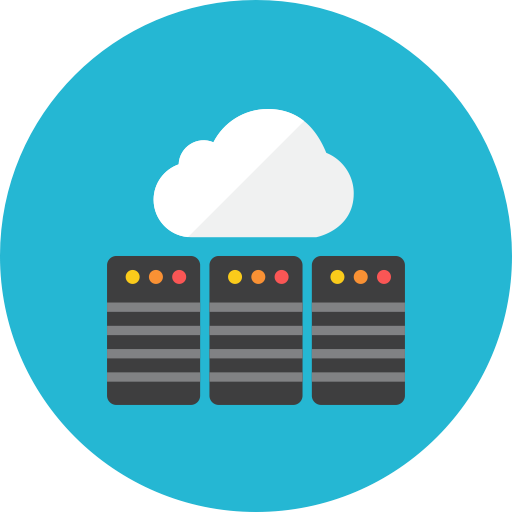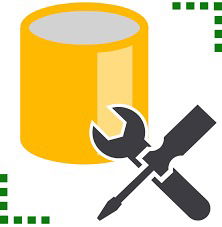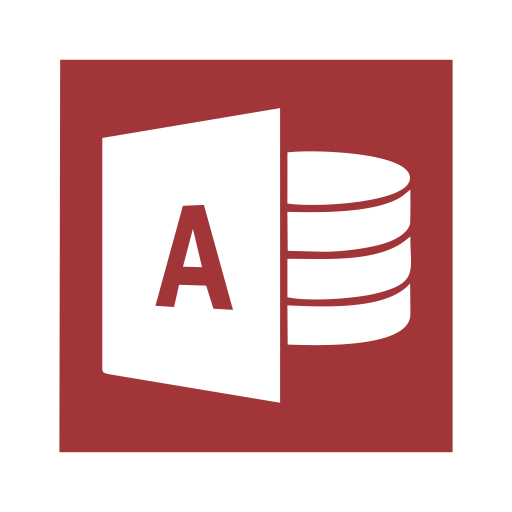Database

Summary of the Skill
- Write and tune queries, and store procedures and functions in SQL server
- Experience with data mapping with various data format
- Knowledge of RDBMS and create reports with queries
- Tools: Microsoft SQL
 , MySQL
, MySQL , Access
, Access  and Visual Paradigm
and Visual Paradigm
Related Projects
- Library Database Management with JDBC and MySQL. Enterprise Java Development. (Sep 23, 2018)
- Garden Company Database Management and Create Forms with Access. Introduction to Business Software Systems. (Apr 24, 2018)
School's Curriculum for the Skill (What I have leaned)
Database Design and Implementation (Third Semester)
- Articulate the roles of databases in common software systems.
- Model data entities and relationships in business process (conceptual design).
- Explain the properties of Relational and NoSQL data models in relation to data management processes.
- Compare between the functional properties of Relational and NoSQL data models to determine their suitability for various business needs.
- Design Relational and NoSQL Logical data models to suite small to medium business requirements.
- Implement the designed physical database model in industry-standard database management systems.
- Interact with a database by formulating simple queries to read or modify data in a database.
- Present data in informative and intuitive way using industry-standard reporting tools.
Introduction to Business Software Systems (First Semester)
- Articulate the roles of databases in common software systems.
- Model data entities and relationships in business process (conceptual design).
- Explain the properties of Relational and NoSQL data models in relation to data management processes.
- Compare between the functional properties of Relational and NoSQL data models to determine their suitability for various business needs.
- Design Relational and NoSQL Logical data models to suite small to medium business requirements.
- Implement the designed physical database model in industry-standard database management systems.
- Interact with a database by formulating simple queries to read or modify data in a database.
- Present data in informative and intuitive way using industry-standard reporting tools.
